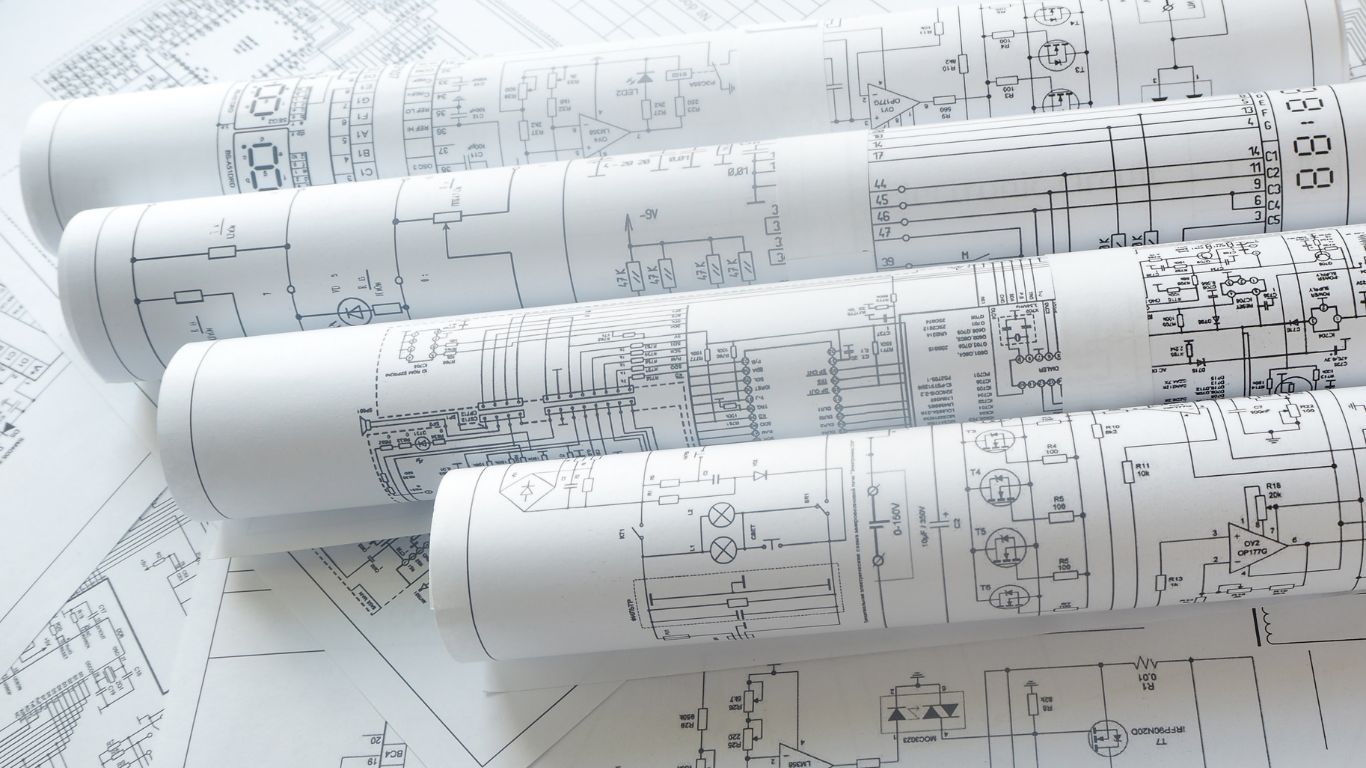Choosing the Right Path: Guiding Your Electrical Design Odyssey

Electrical Design Software Comparison – In the labyrinth of electrical design software, selecting the right path is akin to navigating a complex journey. Each software option, whether it be the stalwart AutoCAD Electrical, the efficiency-focused EPLAN Electric P8, or the open-source innovation of KiCad, holds its unique allure. Let’s delve deeper into the considerations that can guide your decision-making process.
AutoCAD Electrical: Precision Unleashed
In the realm of electrical schematic design, AutoCAD Electrical stands as a juggernaut, promising precision and integration like no other. Let’s delve into the intricacies of this software giant.
Unveiling the Interface: Navigating the Symphony
AutoCAD Electrical’s interface is a well-orchestrated symphony of tools, guiding engineers with an intuitive grace. The comprehensive suite seamlessly translates concepts into meticulous schematics, making it a treasure trove for handling the nuances of complex designs.
Collaboration in Concert: Integration with AutoCAD Tools
What sets AutoCAD Electrical apart is its seamless integration with other AutoCAD tools, creating a collaborative ecosystem. This interconnectedness ensures a harmonious workflow, allowing engineers to work efficiently and share projects effortlessly.
Symbol Library: A Design Maestro’s Arsenal
At the heart of AutoCAD Electrical lies a vast symbol library, a maestro’s arsenal for handling the intricacies of electrical designs. This library not only enhances the efficiency of the design process but also ensures that every symbol is a precise representation of the engineer’s vision.
Overcoming Challenges: Learning Curve and Cost
No journey is without its challenges. AutoCAD Electrical, with its robust features, does present a learning curve, especially for those new to the software. Additionally, the higher initial cost may pose challenges for smaller projects. However, for those seeking to infuse precision into their designs, the investment proves worthwhile.
EPLAN Electric P8: Efficiency at Scale
As we turn our attention to EPLAN Electric P8, efficiency takes the spotlight. This software is tailor-made for large-scale endeavors, promising a systematic approach and real-time synchronization between schematics and 3D models.
Simplifying Complexity: Automatic Wire Numbering
EPLAN Electric P8 simplifies the complexities of design with automatic wire numbering. This feature ensures a systematic approach, adding a layer of efficiency to the design process. For projects dealing with a multitude of wires, this feature is a game-changer.
Time Is of the Essence: Real-Time Synchronization
In the world of large-scale projects, time is a precious commodity. EPLAN Electric P8 recognizes this, offering real-time synchronization between schematics and 3D models. This not only reduces the time invested in the design process but also ensures that changes made in one realm seamlessly reflect in the other.
Prerequisites for Excellence: Initial Setup and Functionality
Efficiency comes with prerequisites. EPLAN Electric P8 demands time and effort for the initial setup, and its high functionality may be more than necessary for smaller projects. However, for those venturing into expansive electrical designs, EPLAN Electric P8 stands as a reliable partner.
KiCad: The Open-Source Virtuoso
Our journey through electrical design software brings us to KiCad, a virtuoso in the realm of open-source freedom and versatile functionality.
Cost-Effective Innovation: KiCad’s Value Proposition
KiCad’s cost-effective nature makes it an attractive choice for engineers on a budget. The software doesn’t compromise on functionality, offering a robust set of features without breaking the bank. For those exploring a potent yet budget-friendly solution, KiCad emerges as a beacon of innovation.
Adaptability: Supporting Multi-Sheet Schematics
KiCad’s adaptability shines through its support for multi-sheet schematics. This feature allows engineers to navigate the varying demands of different projects seamlessly. Whether you’re dealing with a small-scale or extensive electrical design, KiCad adapts with ease.
Visualization Mastery: The 3D Viewer Advantage
One distinctive feature of KiCad is its 3D viewer. This addition enhances visualization, offering engineers a sophisticated perspective on their designs. The 3D viewer goes beyond traditional 2D representations, providing a nuanced understanding of how components fit and interact in the three-dimensional space.
Challenges on the Horizon: Learning Curve and Support
The path with KiCad involves navigating a steeper learning curve, especially for those new to the software. Additionally, customer support is relatively limited compared to proprietary software. Despite these considerations, for those exploring a cost-effective yet powerful solution, KiCad remains a beacon of open-source innovation.
In Conclusion: Deciding Your Design Odyssey
Electrical Design Software Comparison – In the vast landscape of electrical schematic design, each software option offers a unique journey. AutoCAD Electrical, with its precision and collaborative prowess, stands ready for projects aiming for excellence. EPLAN Electric P8, efficient and tailored for large-scale endeavors, promises streamlined design processes. KiCad, the open-source champion, invites engineers to embrace innovation without compromising their budget.
As you embark on your design odyssey, consider the intricacies and specific needs of your projects. Whether it’s the symphony of precision with AutoCAD Electrical, the efficiency at scale with EPLAN Electric P8, or the open-source freedom of KiCad, your choice will shape the cadence of your electrical designs. Choose wisely, and may your designs resonate with excellence.
Unlocking Potential with RemoteTechHub: Elevating Your Electrical Designs to New Heights
Electrical Design Software Comparison- As you stand at the crossroads of choosing electrical schematic software, consider augmenting your capabilities with RemoteTechHub. Our team of remote engineering professionals specializes in translating concepts into meticulous designs, ensuring precision at every step. Whether you choose AutoCAD Electrical, EPLAN Electric P8, KiCad, or a tailored combination, RemoteTechHub offers a spectrum of services, including electrical design, PCB conception, 2D and 3D modeling, CNC programming, and laser cutting programming.
Elevate your electrical projects with RemoteTechHub. Contact us today to explore how our remote engineering services can revolutionize your approach to precision in electrical design.




